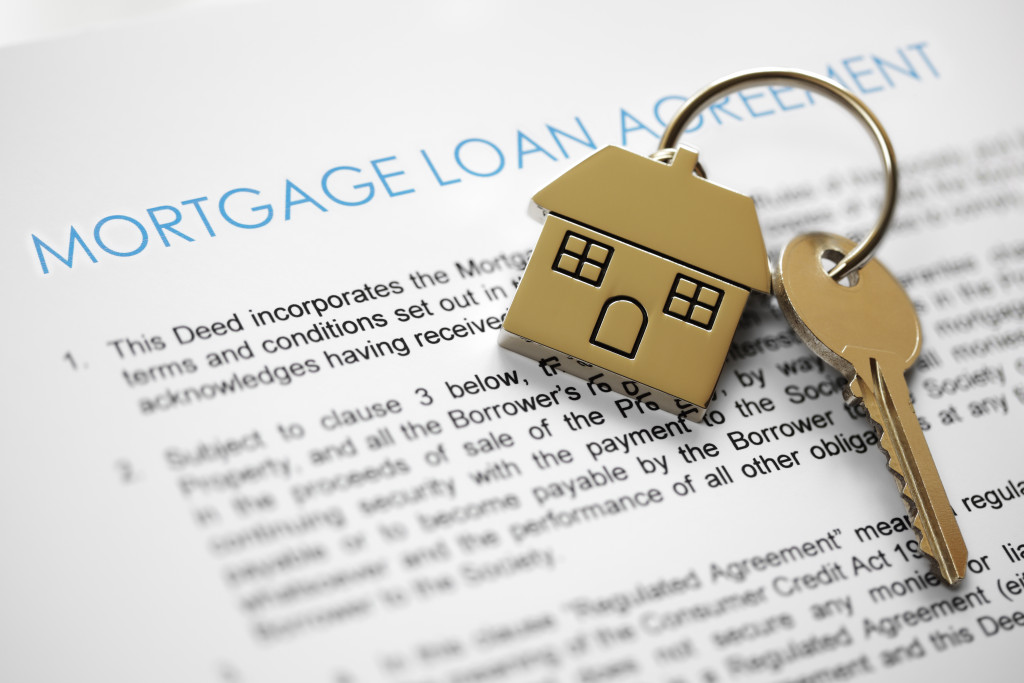Many people believe that having a dream home is a luxury. However, research has shown many benefits to owning your dream home. Some of these benefits include:
- Increased happiness and well-being – A study by the National Association of Realtors found that homeowners report being much happier and more satisfied with their lives than renters. Owning your dream home can increase your overall happiness and well-being.
- Increased community involvement – Homeowners are likelier to get involved in their communities than renters. This is likely because homeowners are vested in their community and want to keep it looking nice.
- Increased wealth – According to a study by the Joint Center for Housing Studies at Harvard University, homeowners have seen their net worth increase by 71% between 1998 and 2013, while renters saw their net worth decrease by an average of 4%. Owning your dream home can help you build wealth over time.
So if you’re thinking about buying your dream home, don’t wait any longer! The benefits are clear – owning your dream home will make you happier, more involved in your community, and wealthier.
However, buying your dream home will be a challenging journey that requires preparations. Here are a few steps to take to afford your dream home.
Saving Up for a Downpayment
Saving up for a downpayment will be the first step toward buying your dream home. This is because you will need a significant amount of money saved to purchase a home. The average downpayment for a home is 20%, so you will need to save up at least $40,000 to buy a home worth $200,000.
There are several ways that you can save up for a downpayment. One way is to create a budget and stick to it. This means you will need to make sacrifices to save money. You may reduce spending and put all your extra money into your savings account.
Another way to save money for a downpayment is to adjust your usage of your emergency fund. Your emergency fund is for, well, emergencies. However, if you have a large enough emergency fund, you may be able to use some of it towards your downpayment. Just make sure you replenish your emergency fund as soon as possible, so you don’t find yourself in a difficult situation later.
Making sacrifices and changing your spending habits will not be easy, but it will be worth it when you finally have the keys to your dream home.
Taking Out a Mortgage

Once you have saved up for a downpayment, the next step will be to take out a mortgage. A mortgage is a loan used to purchase a home. The amount of money you borrow will be based on the price of the house, your credit score, and your income.
You will need to shop around for a mortgage that is right for you. There are many different types of mortgages available, so you will need to find one that best suits your needs. You may want to consider a fixed-rate mortgage, which has an interest rate that remains the same throughout the life of the loan. Or you may wish for an adjustable-rate mortgage with an interest rate that can change over time.
You will also need to decide how long your mortgage will be. The most common length is 30 years, but you may want a shorter or longer term depending on your financial situation. Fortunately, you can find reliable mortgage companies to help you get the affordable terms you need.
Once you have found the perfect mortgage, it’s time to start the home-buying process!
Making an Offer on a Home
Now that you have saved up for a downpayment and found the perfect mortgage, it’s time to find your dream home and make an offer.
The first step is to figure out what you can afford. You will need to take into account your monthly income, your monthly expenses, and your downpayment. Once you have figured out how much you can afford to spend on a home, you can start looking for homes in your price range.
When you find a home you like, it’s time to make an offer. Your real estate agent will help you create a fair and reasonable offer. The seller may accept your request or reject it. If possible, try to be flexible in your negotiations. The seller may be more likely to accept your offer if you are willing to compromise on specific terms.
Closing on Your Home
The final step in the process is to close on your home. This is when the home sale gets finalized, and you become the new owner.
You will need to sign a lot of paperwork at this point, so it’s essential to read over everything carefully. Make sure you understand the terms and conditions before signing anything.
Once everything has been signed and finalized, you will be the proud new owner of your dream home!

